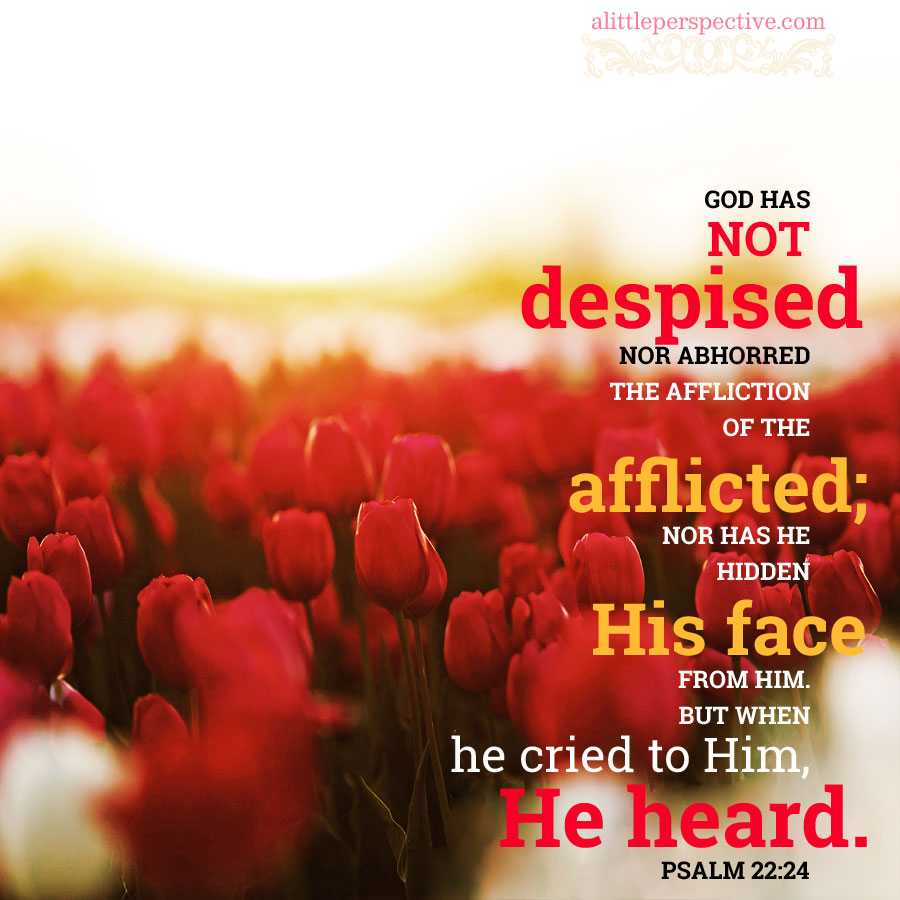Watch
Events
Articles
Market
More
Here are some Apostolic (New Testament) passages to read and study with #torah parsha #bo (#exodus 10:1-13:16), plus links to related video and commentary.
#biblestudy
https://www.americantorah.com/....2021/02/18/parsha-bo



On this date in history, 01/22/1783: Naval action near Chesapeake Bay, in which the French ship Sybille is captured by HMS Hussar. #otd #tdih #americanrevolution



Nitorina bi ẹnikẹni ba wà ninu Kristi, o di ẹda titun: ohun atijọ ti kọja lọ; kiyesi i, nwọn si di titun. Kọrinti Keji 5:17
(2 Corinthians 5:17) using "Yoruba & English Bible" app by Mobobi. #yorubabible #mobobi http://play.google.com/store/a....pps/details?id=com.m




God is in heaven, and you upon earth, therefore let your words be few.
#ecclesiastes 5:2b #bible #wisdombooks #verseoftheday #dailybread #scripture #scripturepictures #scriptureart
https://alittleperspective.com..../welcome-to-scriptur




#goodmorning and #happysunday! January 22 #biblestudy links to readings and study
resources:
https://alittleperspective.com..../january-22-bible-re
Today’s Hebrew Testament chronological reading is in Job 31 and 32.
The Psalms/ Proverbs reading is in Psalm 22.
No Greek Testament reading today.
Links to essential studies.
(All other previous studies are at the above link.)
Job 29:1-31:40, Chiastic structure
https://alittleperspective.com/job-31-and-32/
Psalm 22, He has not abhorred our affliction
https://alittleperspective.com/psalm-22/
January 2023 Bible Reading Schedule
https://alittleperspective.com..../january-2023-bible-
#bible #dailybread #scripturesunday
http://Facebook.com/christinesperspective
Twitter @ Christine982Mil
http://MeWe.com/join/a_little_perspective
Gab @ ChristineMiller
Torah Network @ ChristineMiller




THE TRUMPET by BILL BURNS
You must believe My love for you. Learn to live in and be empowered by My love. My love will sustain you in troubled times. My love will strengthen you when Satan comes against you. Learn to live in the power of My love! My love will provide a covering of protection for you. Wear My love and be victorious, says the Lord.
SMALL STRAWS by MARSHA BURNS
In a vision I saw what looked like a horizontal rainbow with layers of transparent color. And the Lord said that these colors represent different levels or expressions of glory. He also indicated that He would expand our understanding of His glory.
“I have not stopped giving thanks for you. In my prayers I keep asking the God of our Lord Yeshua the Messiah, the glorious Father, to give you a spirit of wisdom and revelation, so that you will have full knowledge of him. I pray that he will give light to the eyes of your hearts, so that you will understand the hope to which he has called you, what rich glories there are in the inheritance he has promised his people, and how surpassingly great is his power working in us who trust him. It works with the same mighty strength he used”
Ephesians (Eph) 1:16-19 CJB



I'm not a teacher, I'm not a pastor, I'm not a prophet. Whatever Father tells me to say, I have to be obedient. I can be riding and messages just start hitting me, there's been times I've had to pull over to record.
https://www.tiktok.com/t/ZTRpVb8ME/


